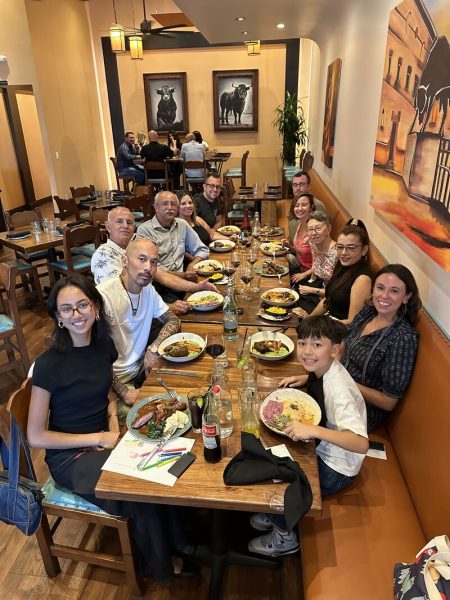Fremont addresses mental health in schools
As the national conversation about guns continues, reports frequently suggest that mental health is a contributing factor to the horrific, highly-publicized shootings at schools across the country.
Fremont city officials are partnering with the Fremont Unified School District in an effort to provide on-site mental health support to students in need. At a joint meeting earlier this month, members of the Fremont City Council and FUSD board met to discuss how to organize those services.
Stacey Bamford, a program specialist at Fremont Unified School District stated that the City of Fremont and FUSD have been collaborating for decades. She explained that the school district is trying to meet the mental health needs of students, but don’t have the resources; that’s where the city came in.
At the start of the school year, Fremont’s Youth & Family Services department provided counseling services at 23 of the district’s 40 schools — 18 elementary, one junior high and four high schools.
Schools that did not request mental health support lack the necessary office space or do not have clinical supervisors on campus who can oversee the program, according to officials involved in implementing the new initiative.
Fremont Human Services Director Suzanne Shenfil explained that there are two clinical supervisors on staff and the program is expecting more schools will want a counselor by next year.
Mental health counseling is implemented by interns who have completed their educational hours in their master’s programs. Interns will be on-site two days a week and will receive three hours of licensed supervision each week from clinical supervisors, according to Helen Hsu, a clinical supervisor with the Youth & Family Services Department.
“There’s no other way you’re going to, for six thousand dollars, give a school something that on the market would be valued over $30,000,” said Hsu. “I used to have a private practice, I know what it costs. That was a huge barrier for so many families.”
Interns will provide support groups, individual counseling and refer some students to other support services as needed, according to information presented by the district during the presentation. In cases where students are in emotional or physical crisis, they are seen immediately by the intern on site, or by an administrator or counselor.
According to data presented at the Oct. 5 meeting, African-American and Hispanic or Latino student groups represented a proportionately higher number of referrals to mental health services, as claimed by FUSD Student Support Services Coordinator Dennie Marenco.
“What that could suggest, is that we are in need of some additional support services for those particular populations,” Marenco stated during the presentation to the joint board.
Approximately 2.8 percent of FUSD students are African-American, and roughly 15.6 percent are Latino, according to California Department of Education enrollment data. Compared to the number of students seen at all schools in FUSD under this joint effort, African-American students represent 6.8 percent of cases and Hispanic or Latino students make up 28.9 percent.
“Signing up your kid for the social skills group now . . . could be what prevents him [or her] from needing the substance abuse treatment when he [or she] is sixteen or seventeen,” said Hsu, who hopes the program serves as preventative measure, with interns leading social skills groups to help students avoid a crisis.
Editor in Chief Shannon Stroud contributed to this article.











